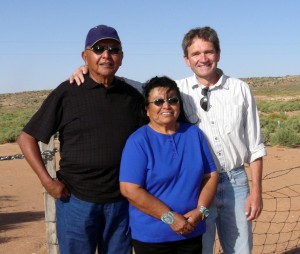Stakeholder Understanding, Communication and Involvement
ARCHIVED DEC 2018
Investigators: Michael Greenberg (PI; Rutgers), Heather Truelove (co-PI; Vanderbilt), Marc Weiner and Joanna Burger (Rutgers), and Charles Powers (Vanderbilt).
The specific goals of this ongoing project have been to:
1. Carry out and analyze surveys that measure public perceptions of key issues that underlie DOE and NRC relationships with those who live near existing and potential nuclear waste management, technology, and energy generation sites.
2. Test and build theory about perception, the psychometric paradigm, trust, personality, demographics, community involvement, and other elements that influence mental models.
3. Provide data and ideas to the DOE and other stakeholders that foster more effective understanding of key stakeholders regarding location and expansion of existing nuclear-related activities and use of surplus land.
Relevance and Impact to DOE:
American public support for additional reliance on nuclear power is about 45% and exceeds 70% in some locations. Indeed, a CRESP survey in 2005 of populations living within 50 miles of six DOE sites showed that many, although not a majority, of nearby residents were not worried about activities on the DOE sites, and they were willing to entertain new site-related activities. This trend has continued. For example, in 2008, we learned that in some areas a majority with nuclear facilities was willing to host new nuclear energy, waste management and laboratory facilities, and in 2009, we learned that a clear majority favor the idea of energy parks. Furthermore, we learned the attributes of those who favored and were opposed to new facilities and activities. This information is important for the DOE and NRC as they evaluate nuclear power and waste management technologies. If we are right that public perception is changing, it is imperative that we measure this more complex and evolving reality, and provide that information to the DOE, NRC, state governments, and other stakeholders so that public policy reflects reality not what reality is assumed to be but no longer is. In the context of the DOE’s immediate needs, we believe that this work will be helpful in explaining the current context for nuclear power, waste management, and technology options.
